How do I start a car with a damaged crankshaft sensor?




| Product name: | How do I start a car with a damaged crankshaft sensor? |
| Keywords: | Crankshaft sensor, crankshaft position sensor |
| Industry: | Transportation - Automobile manufacturing industry |
| Process: | Forging - Die forging |
| Material: | Alloy steel |
Processing manufacturer
- There are 52 manufacturers that provide similar products
- There are 154 manufacturers that provide this processing technology
- There are 66 manufacturers that provide this material processing service
- There are 164 manufacturers that provide this industry processing service
Product details
When the crankshaft position sensor (CKP) is damaged, the engine ECU cannot receive crankshaft speed and position signals, causing most EFI vehicles to fail to start. If this happens, try the following workarounds:
1. Tap Reset Method
After turning off the ignition, gently tap the sensor housing (located near the crankshaft pulley) with a wooden stick. This may temporarily restore contact. This method may be effective for poor internal sensor contact.
2. Emergency Start Mode
Some older vehicles (such as carbureted vehicles before 2000) can be forced to start by pressing the accelerator to 1/3, but this success rate is extremely low with modern EFI vehicles.
3. Tow Start (Manual Transmission Only)
Shift the vehicle into third gear, depress the clutch, and tow the vehicle to 20 km/h. Then, suddenly release the clutch. Using the wheels to pull the crankshaft in reverse may trigger the ECU's emergency fuel supply procedure. However, please note:
This attempt is strictly prohibited in automatic transmission vehicles.
After a successful start, repair the vehicle immediately.
This may damage the catalytic converter.
Important Tips:
• Oxidation of the sensor plug can also cause similar problems; you can try cleaning the plug.
• Long-term use can disrupt the injection/ignition timing and damage the engine.
• It is recommended to call a professional for assistance and replace the original sensor (repair costs typically range from 500 to 1500 yuan).
The safest option is to replace the sensor promptly. Modern vehicles have complex electronic systems, and forced starting can cause even greater damage.
1. Tap Reset Method
After turning off the ignition, gently tap the sensor housing (located near the crankshaft pulley) with a wooden stick. This may temporarily restore contact. This method may be effective for poor internal sensor contact.
2. Emergency Start Mode
Some older vehicles (such as carbureted vehicles before 2000) can be forced to start by pressing the accelerator to 1/3, but this success rate is extremely low with modern EFI vehicles.
3. Tow Start (Manual Transmission Only)
Shift the vehicle into third gear, depress the clutch, and tow the vehicle to 20 km/h. Then, suddenly release the clutch. Using the wheels to pull the crankshaft in reverse may trigger the ECU's emergency fuel supply procedure. However, please note:
This attempt is strictly prohibited in automatic transmission vehicles.
After a successful start, repair the vehicle immediately.
This may damage the catalytic converter.
Important Tips:
• Oxidation of the sensor plug can also cause similar problems; you can try cleaning the plug.
• Long-term use can disrupt the injection/ignition timing and damage the engine.
• It is recommended to call a professional for assistance and replace the original sensor (repair costs typically range from 500 to 1500 yuan).
The safest option is to replace the sensor promptly. Modern vehicles have complex electronic systems, and forced starting can cause even greater damage.
Previous article : What kind of bearings are commonly used in automobile engine crankshafts?
Next article : Which is better, forging or casting a crankshaft?
Similar products
More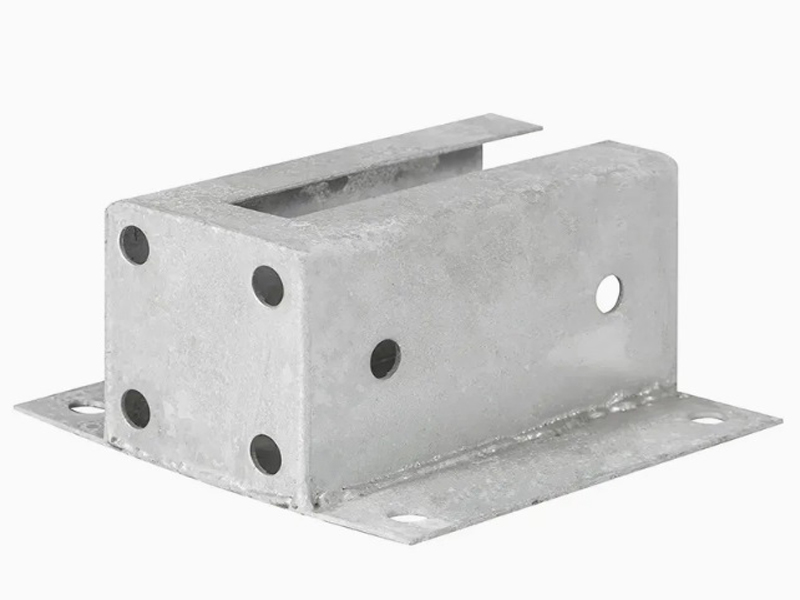
Machining Process Analysis of Carbon Steel Fixed Anchor Plates
- Process : Machining - CNC milling or milling machining
- Material : Carbon steel
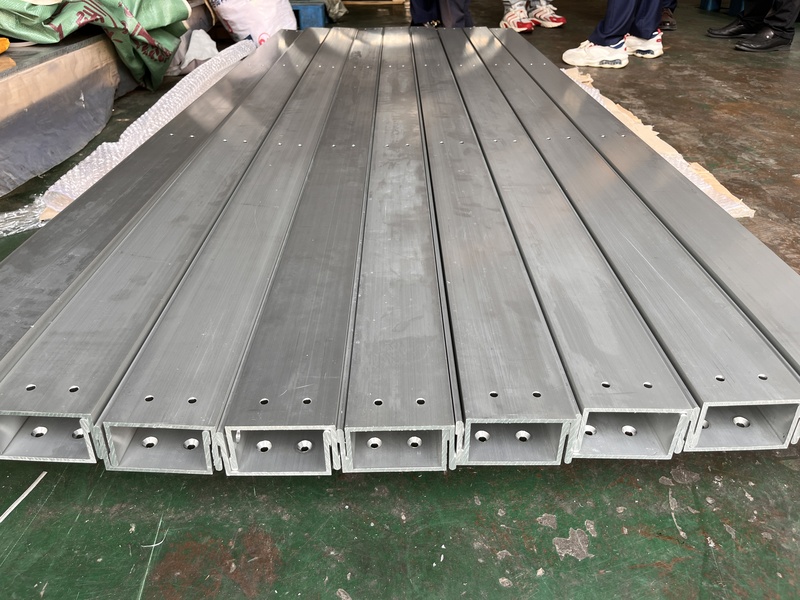
Precision Machining of U-Steel Profiles for Building Applications
- Process : Stamping - General stamping
- Material : Aluminum
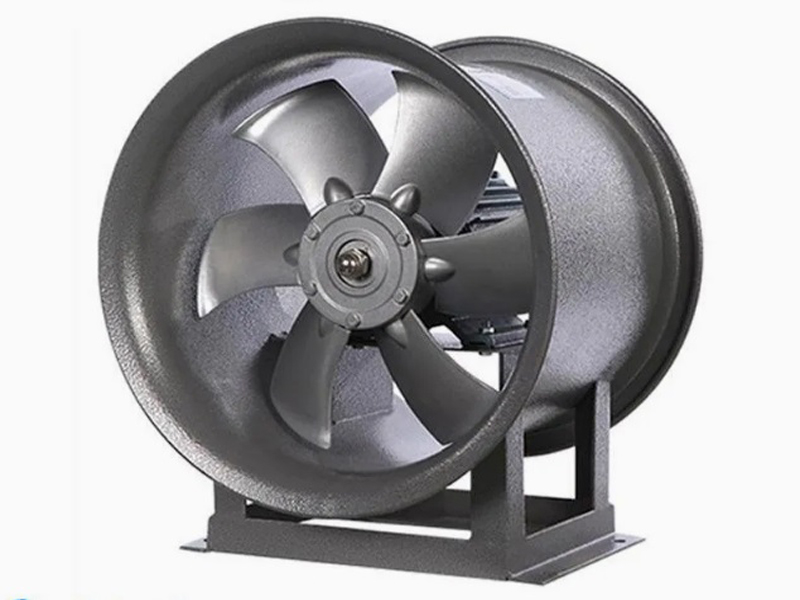
What are the machining processes used for processing axial fan housings
- Process : Sheet metal - Welding
- Material : Carbon steel
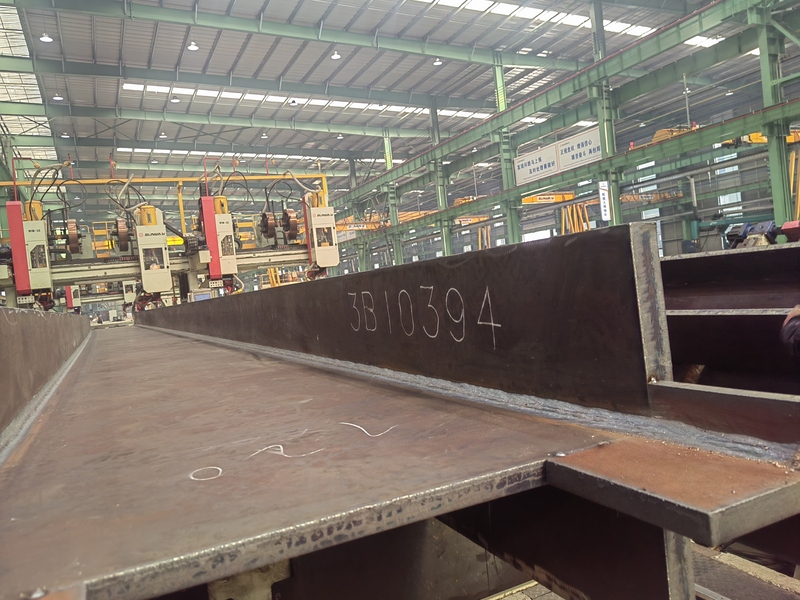
Custom Fabrication of S355JR Welded H-Beams for Construction Projects
- Process : Sheet metal - Welding
- Material : Carbon steel
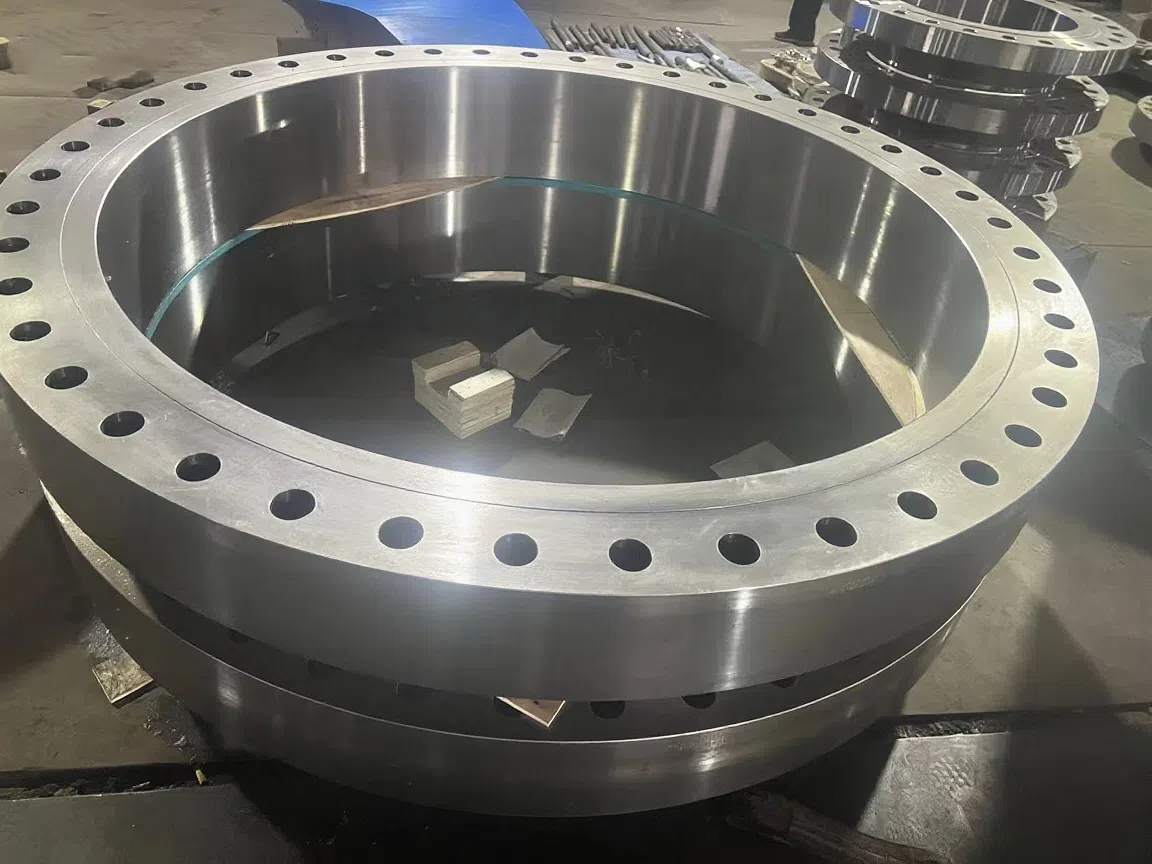
Heavy-Walled Flange Milling-Turning Machining and Flaw Detection
- Process : Machining - Turning Milling compound
- Material : Alloy steel
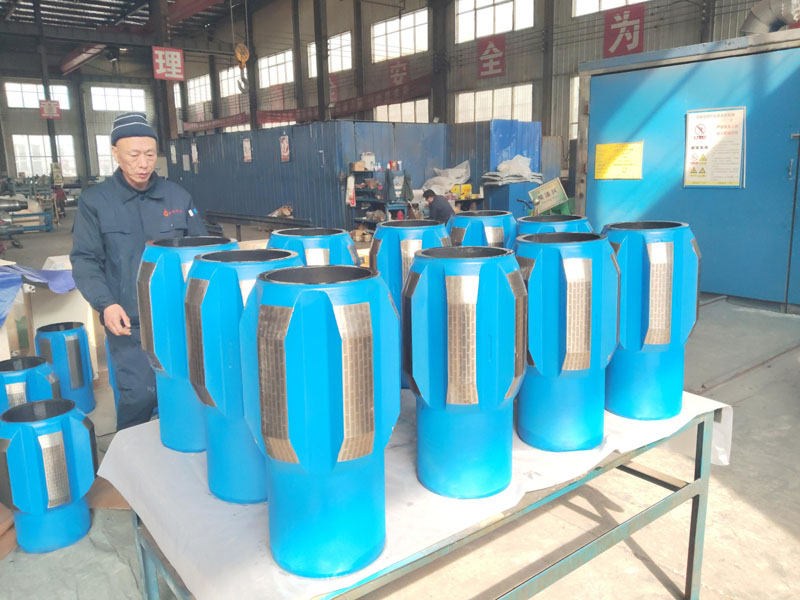
Drill Stabilizers Applied in Oil Drilling Platforms
- Process : Machining - Five-axis machining
- Material : Alloy steel
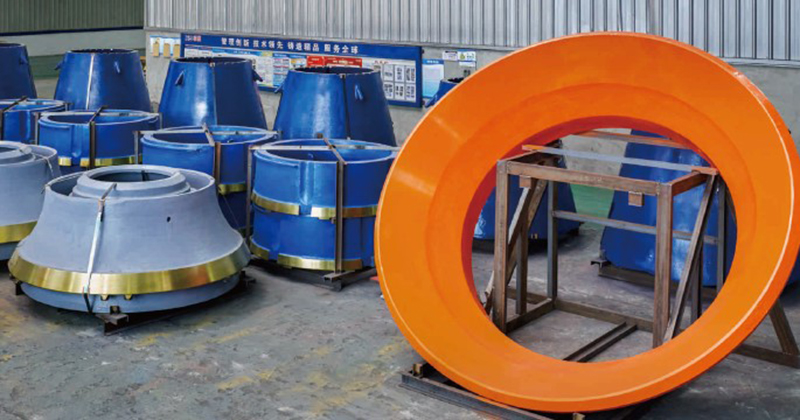
Cone Crusher Mantle
- Process : -
- Material :
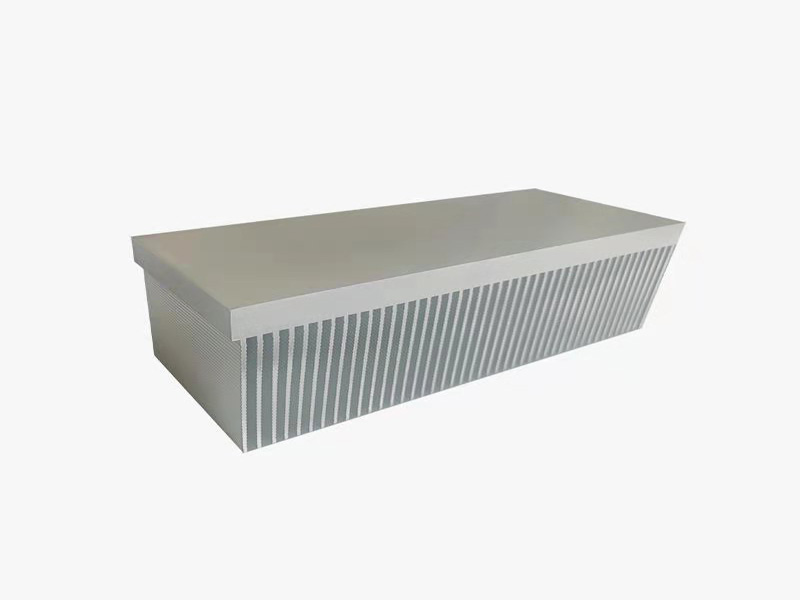
Innovative skiving technology: Breaking through the bottleneck of high-density heat dissipation technology
- Process : Surface treatment - Others
- Material : Alloy steel
More products
More
Machining Process Analysis of Carbon Steel Fixed Anchor Plates
- Process : Machining - CNC milling or milling machining
- Material : Carbon steel

Precision Machining of U-Steel Profiles for Building Applications
- Process : Stamping - General stamping
- Material : Aluminum

What are the machining processes used for processing axial fan housings
- Process : Sheet metal - Welding
- Material : Carbon steel

Custom Fabrication of S355JR Welded H-Beams for Construction Projects
- Process : Sheet metal - Welding
- Material : Carbon steel

Heavy-Walled Flange Milling-Turning Machining and Flaw Detection
- Process : Machining - Turning Milling compound
- Material : Alloy steel

Drill Stabilizers Applied in Oil Drilling Platforms
- Process : Machining - Five-axis machining
- Material : Alloy steel

Cone Crusher Mantle
- Process : -
- Material :

Innovative skiving technology: Breaking through the bottleneck of high-density heat dissipation technology
- Process : Surface treatment - Others
- Material : Alloy steel